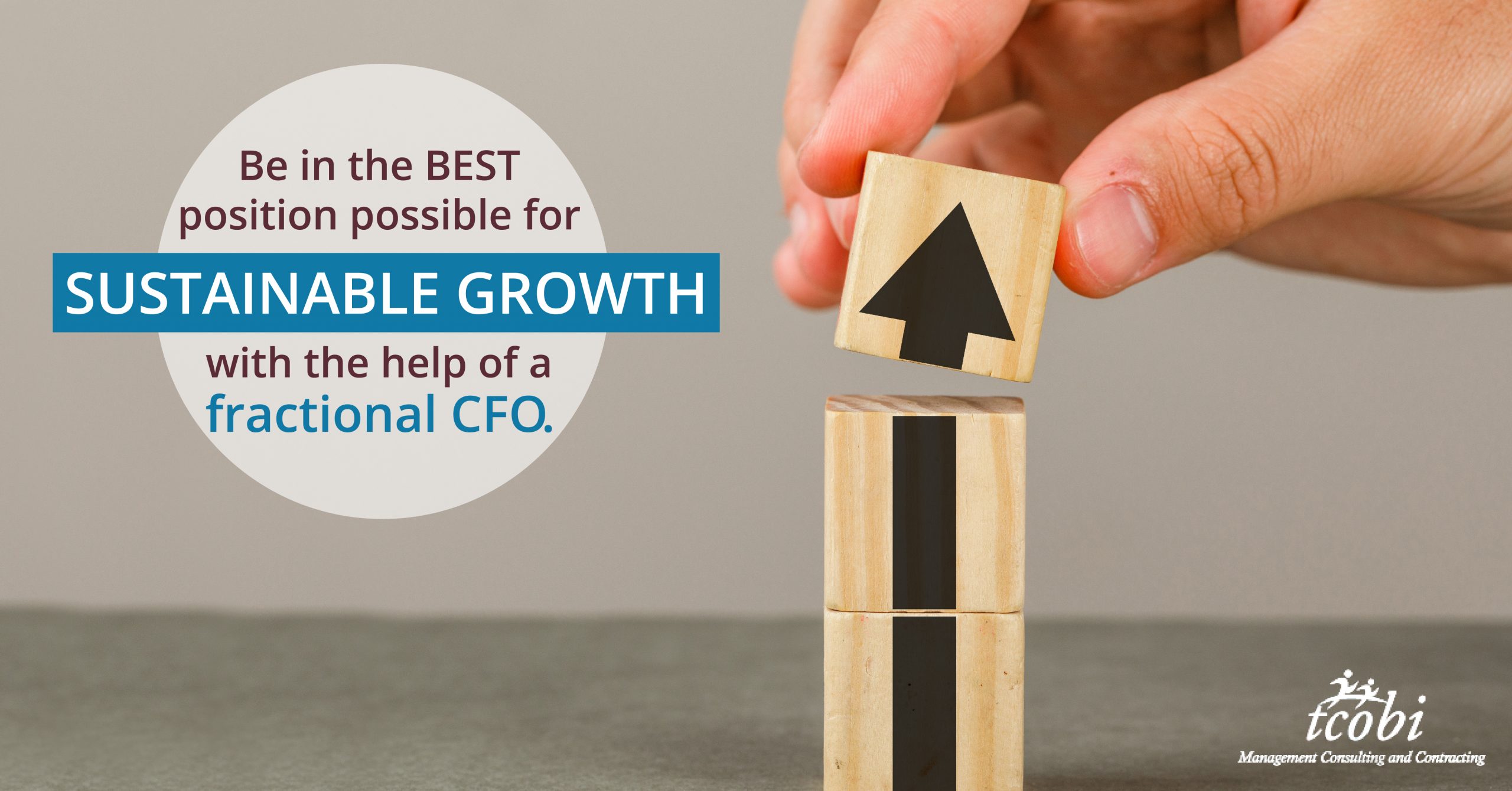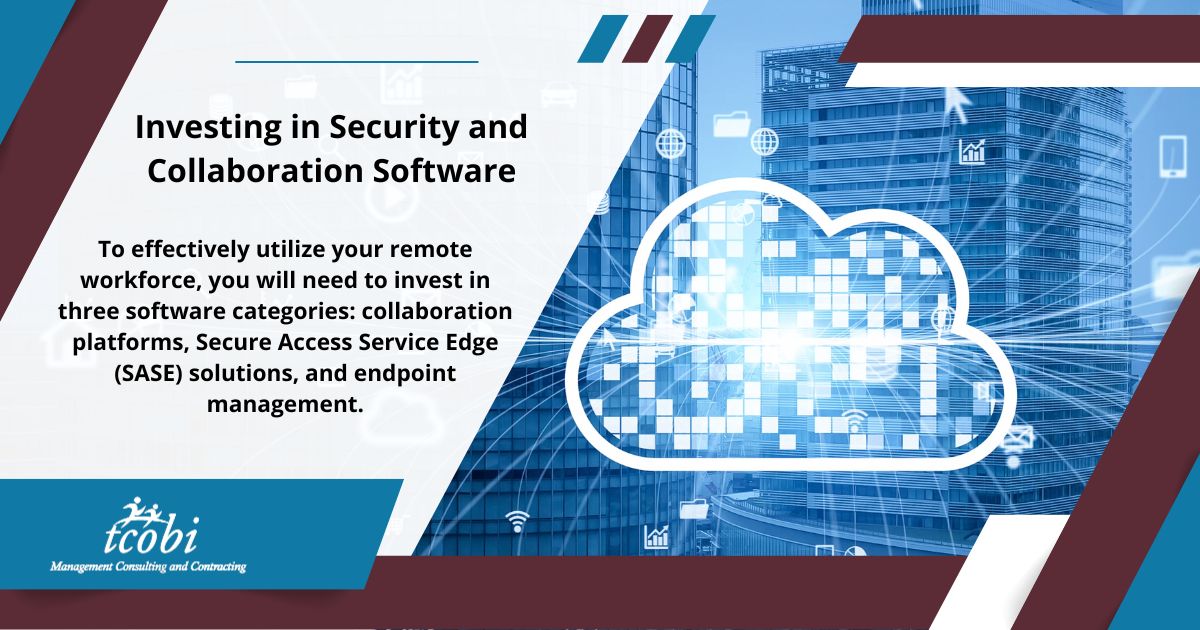Those in leadership and executive positions are always there when those…

CFO 2021: Key Priorities in 2021
Among many other disruptions to business, the pandemic has created a highly volatile and potentially dangerous environment that companies must negotiate. The most recent case is the former unicorn Peloton, which has been hit by not one but three seismic events:
- The first was the recall of some of its entire treadmill series following the tragic death of a child and the issuance of a voluntary recall from the U.S. Consumer Product Safety Commission. This after the company spent almost a month arguing publicly and aggressively that their products were safe.
- A featured report by respected start-up and technology news source TechCrunch that the company’s “leaky” Application Programming Interface (API) allowed hackers to freely grab such personal data as the user’s age, gender, city, weight, and other data supposedly hidden when the user’s profile was set to private.
- Increased competitive pressure from companies like Tonal, Mirror, and Ergatta puts their continued market domination in doubt.
The impact of this perfect storm saw Peloton’s stock drop over 13% in a single day.
None of which is surprising to someone like Maia Espejo, national manager of technology and cyber at Sovereign Insurance. In a recent article entitled “Volatile COVID-19 environment opens businesses up to more risk,” she notes that while risk generally has increased due to COVID-19, cyber-security events, in particular, are on the rise. “The industry loss ratio in cyber insurance increased to close to 500% in the second quarter of 2020 and continues to grow at an alarming pace,” she said. “The pandemic has prompted a widespread move to remote work that has created new cybersecurity challenges for many businesses.”
All of these combine to make the CFO job even more challenging than ever as companies in all sectors recognize (willingly or not) that they cannot predict nor control many of the events that are reshaping the global business landscape. That said, here are some common challenges that a fractional CFO can provide guidance and strategy on in the coming months.
Managing the Digital Transformation
As organizations invest more aggressively in technologies that will increase operational efficiencies and fuel top-line growth, CFOs are often at the leading edge of organizational adoption. As Jack McCullough notes in Forbes, “many CFOs viewed the chaos of 2020 as the justification to make long-term technology investments on which they had previously been procrastinating. Those companies that finally invested in 2020 will reap the rewards in 2021 and beyond.”
As drivers of tech investment, CFOs are also key influencers in determining what technology a company invests in. Studies show that CFOs are especially fond of automation and digital security tools. The latter makes perfect sense, giving the increased risk of data breaches and malware attacks due to work from home protocols. Data analytics tools are also a favorite of CFOs looking to transform or optimize a company’s digital presence. These are especially important in helping CFOs make informed decisions more quickly than ever.
Rebuilding Organizational Culture
2020 and early 2021 have tested organizational cultures in unprecedented ways, with traditional offices emptying as employees settled in the new routine of home offices and remote work. For companies with a robust collaborative culture already in place, the transition was less disruptive than for less collaborative and more hierarchical companies. Adding to the disruption of a global pandemic are global economic uncertainties, social unrest, and growing concerns with mental and emotional health as employees continue to isolate in compliance with local and regional health regulations.
As mentioned in a previous blog, fractional CFOs are especially well-positioned to shape (and in some cases reshape) organizational culture in response to these historically challenging times. Building a hybrid work model that allows some employees to continue to work remotely (a preference of over 50% of North American workers) or to split time between home and traditional office hours is a crucial example of an opportunity for impactful CFO decision making. As McCullough states: “We all need to ignore talk of returning to normal. Right now, CFOs have the opportunity to create a whole new and improved normal. It is likely a once-in-a-career opportunity, and CFOs are at its epicenter.”
Building Diversity
CFOs can lead the move toward more diverse, equitable, and inclusive organizations, known more commonly as a commitment to DEI. The CFO is perfectly positioned to explain the business and competitive benefits of ensuring that improving DEI is at or near the top of an organizational strategic plan. Numerous studies show that these benefits include:
- Optimizing the attraction and retention of talent into a company
- Enhanced innovation as traditional linear structures are replaced by cross-functional, integrated project or operational teams
- Increased loyalty from employees who feel valued, empowered, and with a voice to facilitate problem-solving, decision-making, and change within a company
- Elevated organizational reputation as companies at the leading edge of the DEI movement become more attractive to highly qualified individuals and socially conscious clients and consumers.
DEI, in other words, can be a strong driver of growth in the post-COVID world, and CFOs will be instrumental in harnessing the potential of these new imperatives and guiding companies through these rapidly changing times.
Conclusion
Fractional CFOs offer companies in any sector the wisdom and real-world experience required to ensure that they are in the best position possible for sustainable growth as global economies rebound from a year or more of pandemic protocols. They have the foresight necessary to guide strategic investment in all asset groups: technological, people, and cultural. They can also position a company to take full advantage of transactional opportunities that arise, from collaborative R&D to more traditional M&A prospects. A fractional CFO has often “seen it all” when it comes to the business world, and this broad, visionary perspective will prove invaluable as a company looks to define itself in terms of the new opportunities of a global marketplace freed from COVID.



